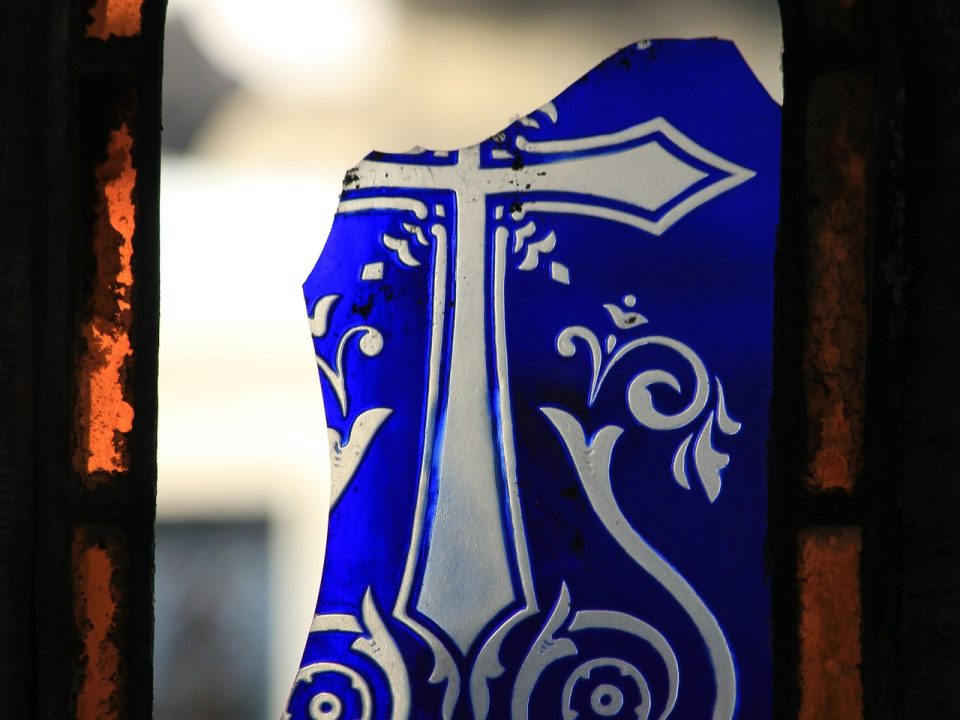
Adam Chłosta: „Nienasycenie” Alicji Patey-Grabowskiej
2023-10-12
Marta Moldovan-Cywińska: Skrzydełko Tomka Sawyera
2023-10-13Sir Ian Hamilton: Gallipoli Diary

NEITHER the Asquith banquet, nor the talk at the Admiralty that midnight had persuaded me I was going to do what I am actually doing at this moment. K. had made no sign nor waved his magic baton. So I just kept as cool as I could and had a sound sleep.Next morning, that is the 12th instant, I was working at the Horse Guards when, about 10 a.m., K. sent for me. I wondered! Opening the door I bade him good morning and walked up to his desk where he went on writing like a graven image. After a moment, he looked up and said in a matter-of-fact tone, ‘‘ We are sending a military force to support the Fleet now at the Dardanelles, and you are to have Command.”
At that moment K. wished me to bow, leave the room and make a start as I did some thirteen years ago. But the conditions were no longer the same. In those old Pretoria daysI had known the Transvaal by heart; the number, value and disposition of the British forces; the characters of the Boer leaders; the nature of the country. But my knowledge of the Dardanelles was nil; of the Turk nil; of the strength of our own forces next to nil. Although I have met K. almost every day during the past six months, and although he has twice hinted I might be sent to Salonika ; never once, to the best of my recollection, had I had plenty of time for these reflections as K., after his one tremendous remark had resumed his writing at the desk. At last, he looked up and inquired, “‘ Well ?” “We have done this sort of thing before, Lord K.
”’ I said; ‘‘ we have run this sort of show before and you know without saying I am most deeply grateful and you know without saying I will do my best and that you can trust my loyalty— but I must say something—I must ask you some questions.” Then I began. K. frowned; shrugged his shoulders; I thought he was going to be impatient, but although he gave curt answers at first he slowly broadened out, until, at the end, no one else could get a word in edgeways.* My troops were to be Australians and New Zealanders under Birdwood (a friend); strength, say, about 30,000. (A year ago I inspected them in their own Antipodes and no finer material exists); the 29th Division, strength, say 19,000 under Hunter-Weston—a slashing man of action ; an acute theorist; the Royal Naval Division, 11,000 strong (an excellent type of Officer and man, under a solid Commander—Paris) ; a French contingent, strength at present uncertain, say, about a Division, under my old war comrade the chivalrous d’Amade, now at Tunis. Say then grand total about 80,000—probably panning out at some 50,000 rifles in the firinghe mentioned the word Dardanelles.line.
Of these the 29th Division are extras— division de luxe.K. went on; he was now fairly under weigh and got up and walked about the room as he spoke. I knew, he said, his (K.’s) feelings as to the political and strategic value of the Near East where one clever tactical thrust delivered on the spot and at the spot might rally the wavering Balkans. Rifle for rifle, at that moment, we could nowhere make as good use of the 29th Division as by sending it to the Dardanelles, where each of its 13,000 rifles might attract a hundred more to our side of the war. Employed in France or Flanders the 29th would at best help to push back the German line a few miles; at the Dardanelles the stakes were enormous. He spoke, so it struck me, as if he was defending himself in argument: he asked if I agreed. I said, “ Yes.” ‘* Well,” he rejoined, “You may just as well realize at once that G.H.Q. in France do not agree. They think they have only to drive the Germans back fifty miles nearer to their base to win the war. Those are the same fellows who used to write me saying they wanted no New Army; that they would be amply content if only the old Old Army and the Territorials could be kept up to strength. Now they’ve been down to Aldershot and seen the New Army they are changing their tune, but IT am by no means sure, now, that TPIl give it to them. French and his Staff believe firmly that the British Imperial Armies can pitch their camp down in one corner of Europe and there fight a world war to a finish. The thing is absurd,but French, plus France, are a strong combine and they are fighting tooth and nail for the 29th Division. It must clearly be understood then :—
(1) That the 29th Division are only to be a loan and are to be returned the moment they can be spared.
(2) That all things ear-marked for the East are looked on by powerful interests both at home and in France as having been stolen from the West.
Did I take this in? I said, “I take it from you.” Did I myself, speaking as actual Commander of the Central Striking Force and executively responsible for the land defence of England, think the 29th Division could be spared at all? ** Yes,” I said, ‘‘ and four more Territorial Divisions as well.’’ K. used two or three very bad words and added, with his usual affability, that I would find myself walking about in civilian costume instead of going to Constantinople if he found me making any wild statements of that sort to the politicians. J laughed and reminded him of my testimony before the Committee of Imperial Defence about my Malta amphibious mancuvres ; about the Malta Submarines and the way they had destroyed the battleships conveying my landing forces. If there was any politician, I said, who cared a hang about my opinions he knew quite well already my views on an invasion of/England; namely, that it would be like trying to hurt a monkey by throwing nuts at him. I didn’t want to steal what French wanted, but now that the rifles had come and the troops had finished their musketry, there was no need to squabble over a Division.
Why not let French have two of my Central Force Territorial Divisions at once,—they were jolly good and were wasting their time over here. That would sweeten French and he and Joffre would make no more trouble about the 29th. K. glared at me. I don’t know what he was going to say when Callwell came into the room with some papers.We moved to the map in the window and Callwell took us through a plan of attack upon the Forts at the Dardanelles, worked out by the Greek General Staff. The Greeks had meant to employ (as far as I can remember) 150,000 men. Their landing was to have taken place on the Northwest coast of the Southern part of the Peninsula, opposite Kilid Bahr. ‘“‘ But,” said K., “‘ half that number of men will do you handsomely; the Turks are busy elsewhere; I hope you will not have to land at all; if you do have to land, why then the powerful Fleet at your back will be the prime factor in your choice of time and place.(...)”
Sir Ian Hamilton, Gallipoli Diairy ( "The Start"), 1920
Photo: Pixabay




